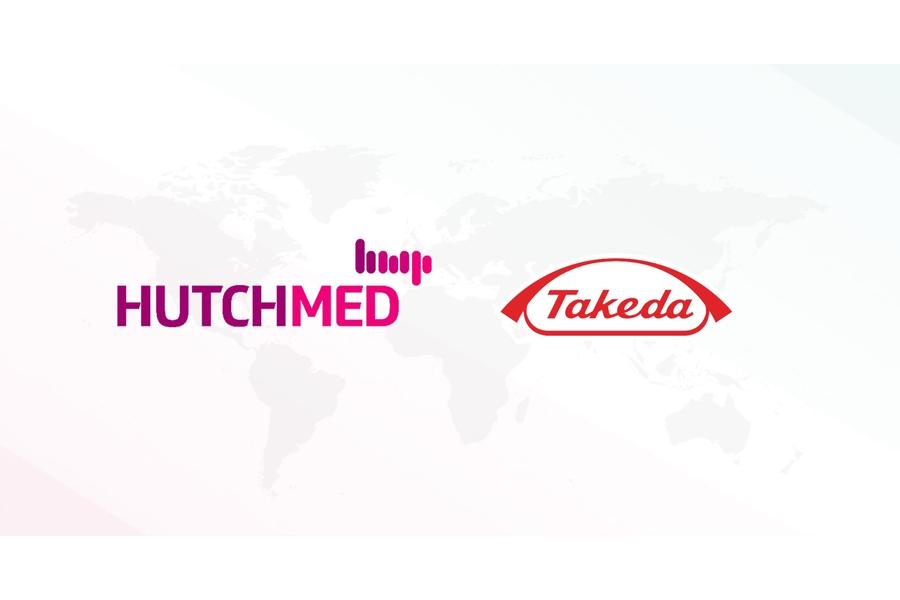Hutchmed files Takeda-partnered colorectal cancer drug in US

Chinese biotech Hutchmed has completed its rolling marketing application in the US for oral VEGF receptor inhibitor fruquintinib, which was licensed by Takeda for a hefty $400 million upfront in January.
The filing is for the treatment of refractory metastatic colorectal cancer (CRC), based on the results of the international FRESCO-2 study, which showed that treatment with fruquintinib reduced the risk of death by 34%.
The FDA granted fruquintinib a fast-track designation in metastatic CRC in 2020 on the back of the earlier FRESCO study, which also showed a 35% reduction in mortality in an equivalent refractory CRC population in China.
Applications for the VEGFR-1, -2, and -3 inhibitor – which is already sold in China under the Elunate brand name, in a partnership with Eli Lilly – are also being planned for Europe and Japan later this year. Takeda snapped up all rights to the drug outside China in a deal that could be worth a total of $1.13 billion.
There’s no shortage of drugs targeting VEGF on the market, but Hutchmed has designed fruquintinib as a new-generation compound with improved kinase selectivity intended to minimise off-target toxicities, improving tolerability and providing more consistent inhibition of VEGF.
That profile could make fruquintinib more suitable for use as part of combination therapies, according to the biotech, which is also developing the drug for advanced gastric cancer or gastroesophageal junction adenocarcinoma, breast cancer, and other solid tumours.
The market for VEGF therapies in CRC is also less competitive, with just three approved therapies, namely Roche’s Avastin (bevacizumab) and biosimilars, Lilly’s Cyramza (ramucirumab), and finally Bayer’s Stivarga (regorafenib), which will be its closest competitor in the refractory CRC space, along with Taiho’s chemotherapy drug Lonsurf (tipiracil hydrochloride and trifluridine).
CRC is the third most prevalent cancer worldwide, leading to around 935,000 deaths a year, according to 2020 data. In the US alone, an estimated 153,000 patients are diagnosed with CRC annually, with around 53,000 deaths.
If approved, fruquintinib looks set to be Hutchmed’s first product launch in the US, coming after an attempt to file another cancer candidate – surufatinib, for pancreatic and extra-pancreatic neuroendocrine tumours (NETs) – was shot down by the FDA last year on the grounds that the application was based on data generated almost entirely in China.
Last year, Hutchmed said it would have to prioritise getting approvals for its late-stage pipeline candidates to speed up its move to becoming a sustainably profitable business, reducing the number of drug programmes in development and launching a hunt for partners to take its candidates to market outside China.
Takeda’s buy-in – and the development and marketing muscle that it will apply to fruquintinib in CRC and follow-up indications – was a big step forward in helping it to meet that objective.












